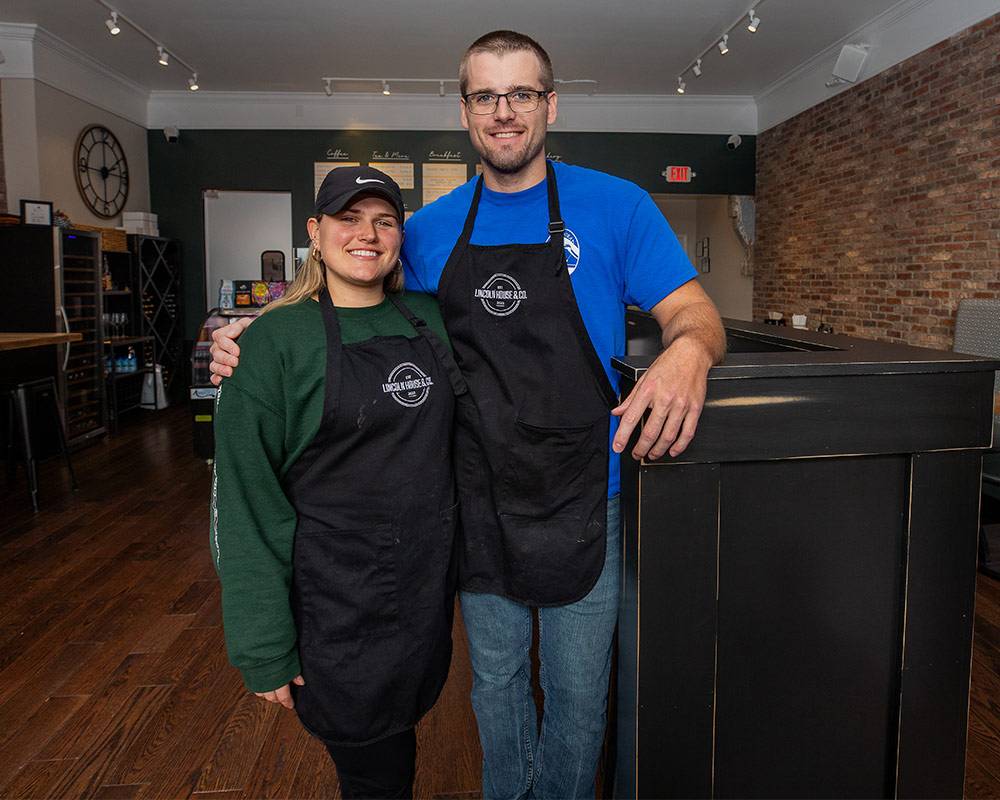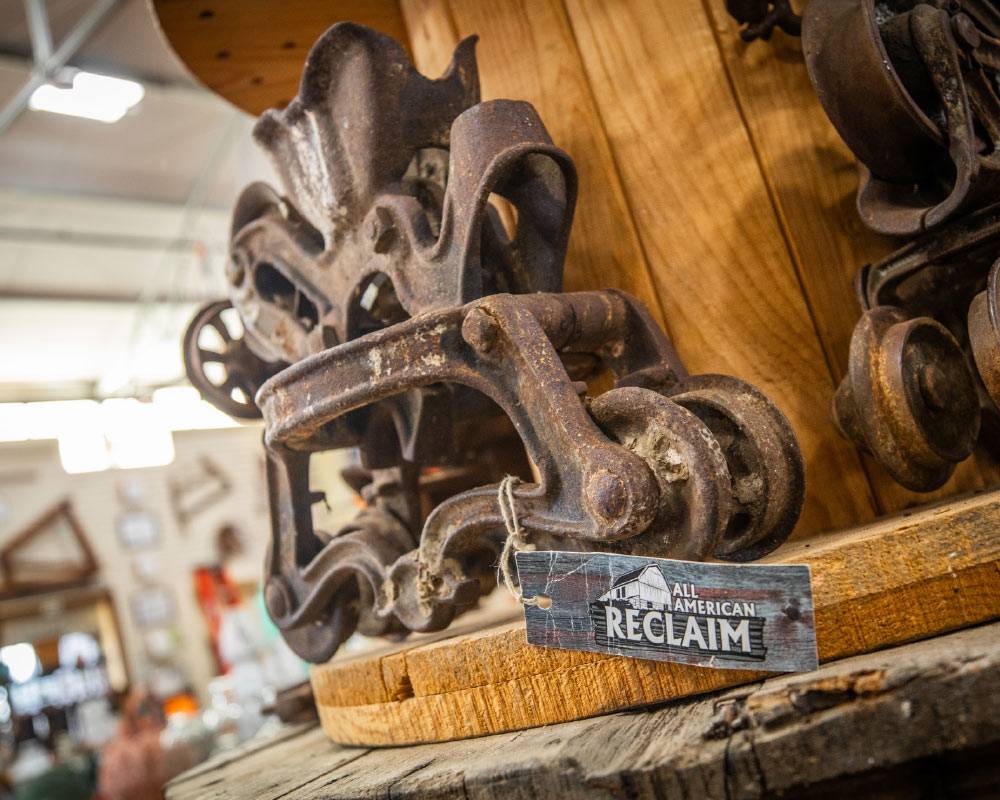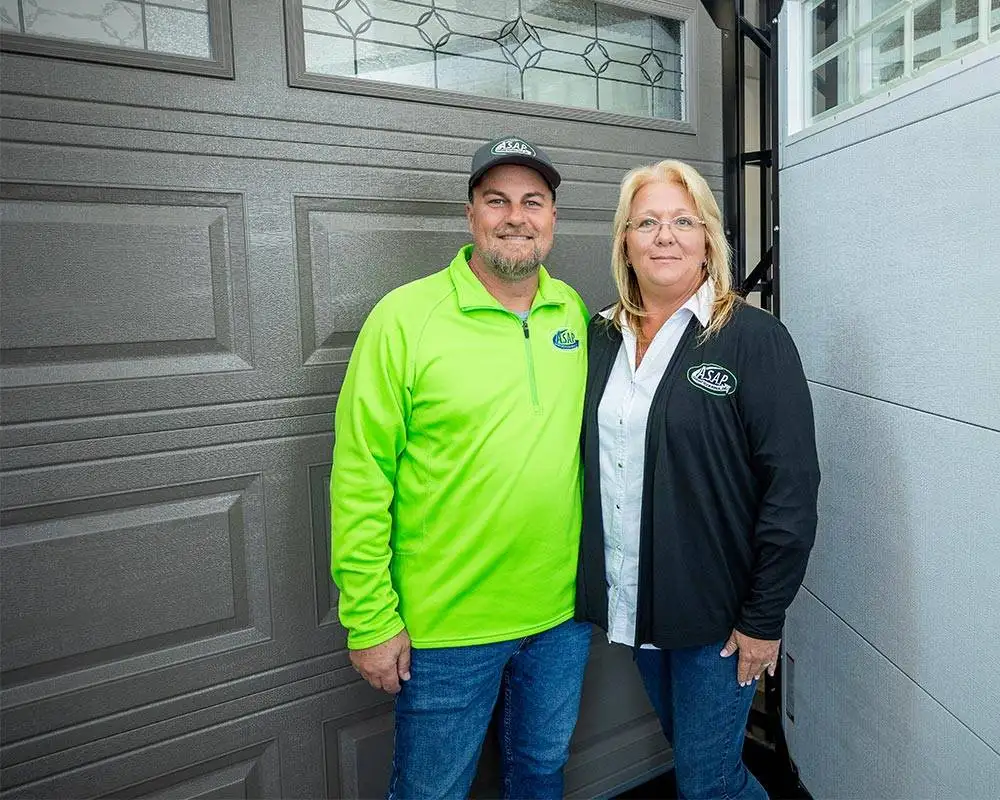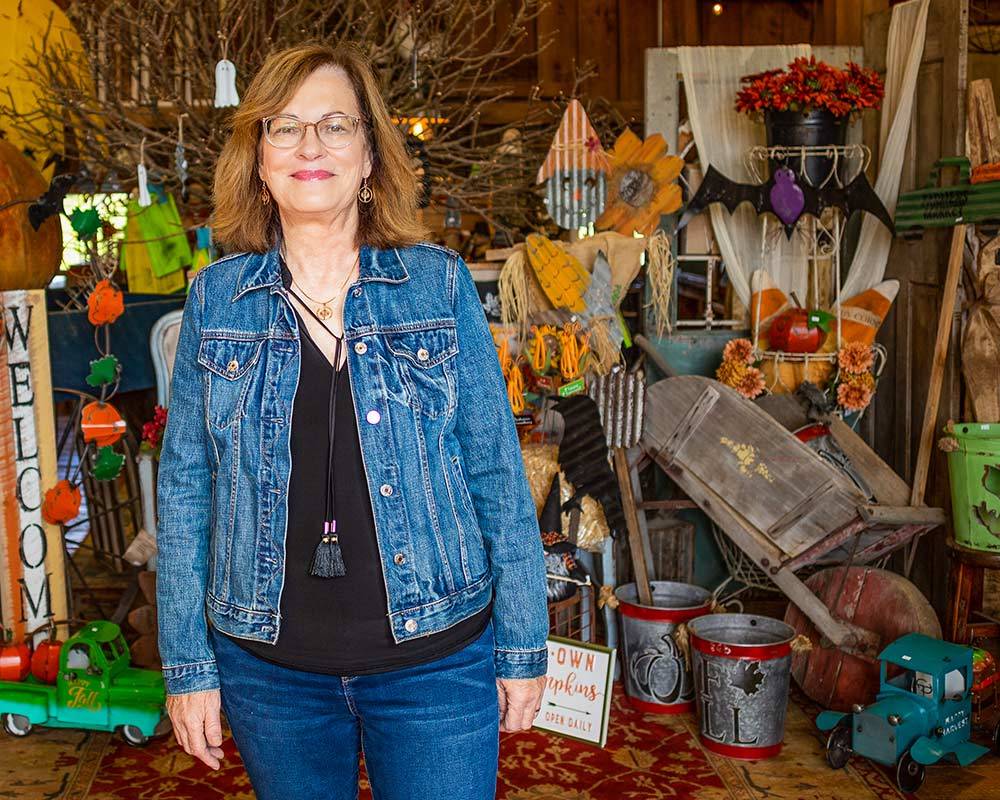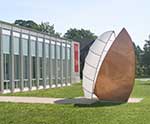Check out these unique destinations that reflect the genuine character of our region.
Elmhurst Art Museum
150 Cottage Hill Ave., Elmhurst, (630) 834-0202, elmhurstartmuseum.org
Founded by Elmhurst painter Eleanor King Hookham and a group of other community members in 1981, this museum for local artists began in just one room of the former Eldridge School before occupying two rooms of the Wagner Community Center. Its continued growth led Hookham and museum leaders to find a larger, more permanent location in Elmhurst’s Wilder Park.
In the early 1990s, the museum foundation became aware of the opportunity to purchase Elmhurst’s McCormick House, a single-family home designed in 1952 by modern architect Ludwig Mies van der Rohe. They bought the home, moved it to Wilder Park and in 1997 opened a museum that’s now connected to the home. The McCormick House is open for visits and often serves as an exhibition space.
“The house is a very important example of Mies’s glass-and-steel modernist architecture and one of only three homes he built in the U.S.,” says Staci Boris, the museum’s chief curator. “It’s very rare for an art museum to be connected to a historic home.”
The museum’s collection includes both regional and national contemporary art, with rotating exhibits and workshops for artists of all ages. Its current exhibit of 40 Midwestern artists runs through Aug. 23.
“This exhibition is a survey of contemporary paintings from the Midwest, and it’s definitely worthy of a visit,” says Boris.
Hours: Tue.-Wed., Sat.-Sun. 11 a.m.-5 p.m.; Thu.-Fri. 11 a.m.-7 p.m.
Arlington International Racecourse
2200 W. Euclid Ave., Arlington Heights, (847) 385-7500, arlingtonpark.com
In 1927, Californian H.D. “Curley” Brown founded a thoroughbred horse racing track in what was then a sleepy outpost. On a chilly Oct. 13, more than 20,000 spectators, dressed in style, came out for Arlington Park’s first race. The park survived through the Great Depression and World War II, introducing advancements such as photo-finish cameras in 1936 and additional seating in 1954.
In 1981, the park hosted the first Arlington Million, a $1 million turf race. In 1985, just 25 days before the fifth-annual event, a fire burned down the grandstand. Teams worked around the clock to prepare the track and set up bleachers and tents for the race, which 35,000 people attended. The hasty preparations earned Arlington Park an Eclipse Award, making it the first racetrack to receive the honor typically reserved for the outstanding achievements of horses or jockeys.
Races continued in temporary quarters until 1988, when construction began on a new, six-story grandstand and clubhouse. When Arlington opened the following year, owner Richard L. Duchossois welcomed more family-friendly activities and events such as Family Days, with pony rides and petting zoos, and the weekly Party in the Park, with live racing and a DJ.
The park’s stature and crowds continue to rise. The 2002 Breeders’ Cup World Thoroughbred Championships at Arlington welcomed more than 46,000 spectators.
William H. Coventry House and Barn
7704 U.S. Route 14, Harvard, mchenrycountyhistory.org
Built in 1855, this house and barn originally belonged to the Coventry family, who were involved in the formation of Mayo Clinic, in Rochester, Minn.
A prime example of Greek Revival architecture predominant in the area’s early construction, the farmstead in 1940 was given the Henry Horner prize for “Most Beautiful Farm.”
In 1989, the McHenry County Historical Society recognized its significance with a plaque.
“It’s one of the oldest farms in the county, and it’s just decaying right now,” says Kurt Begalka, administrator of the McHenry County Historical Society and Museum.
In 1994, cellphone manufacturer Motorola bought the house and surrounding property to create a 1.5 million-square-foot distribution and production center. Area residents urged the incoming business to preserve the farmstead, so Motorola agreed to restore the home and use it to house guests.
When Motorola closed the plant in 2003, maintenance on the house and barn stopped. The property’s current owner, Miami-based investment group Optima International, has not granted access to the site or acted on requests to donate the farmstead to an organization that will preserve it.
Continued disrepair of the Coventry farm led the nonprofit preservation group Landmarks Illinois to list it among the state’s Most Endangered properties earlier this year. The farmstead is not open to the public, and trespassing is prosecuted.













